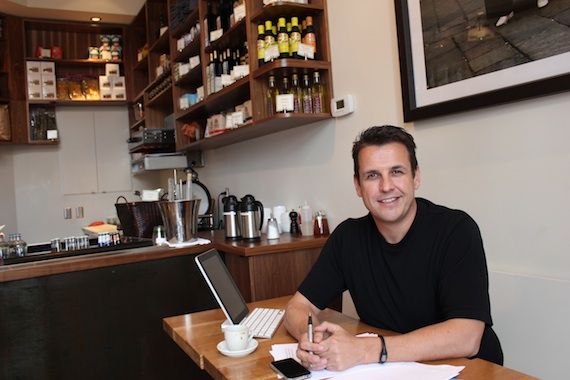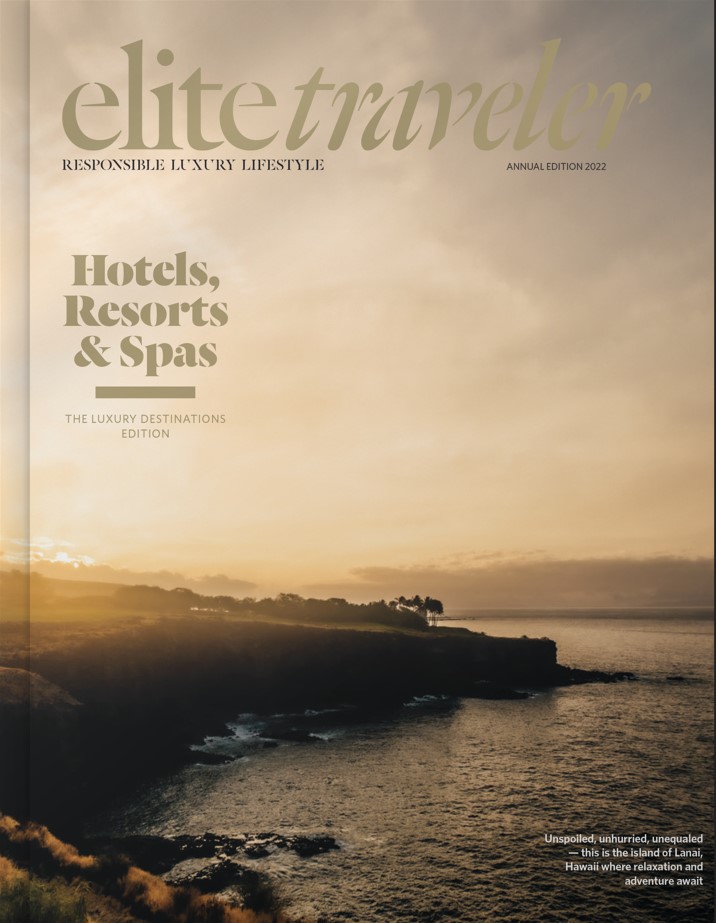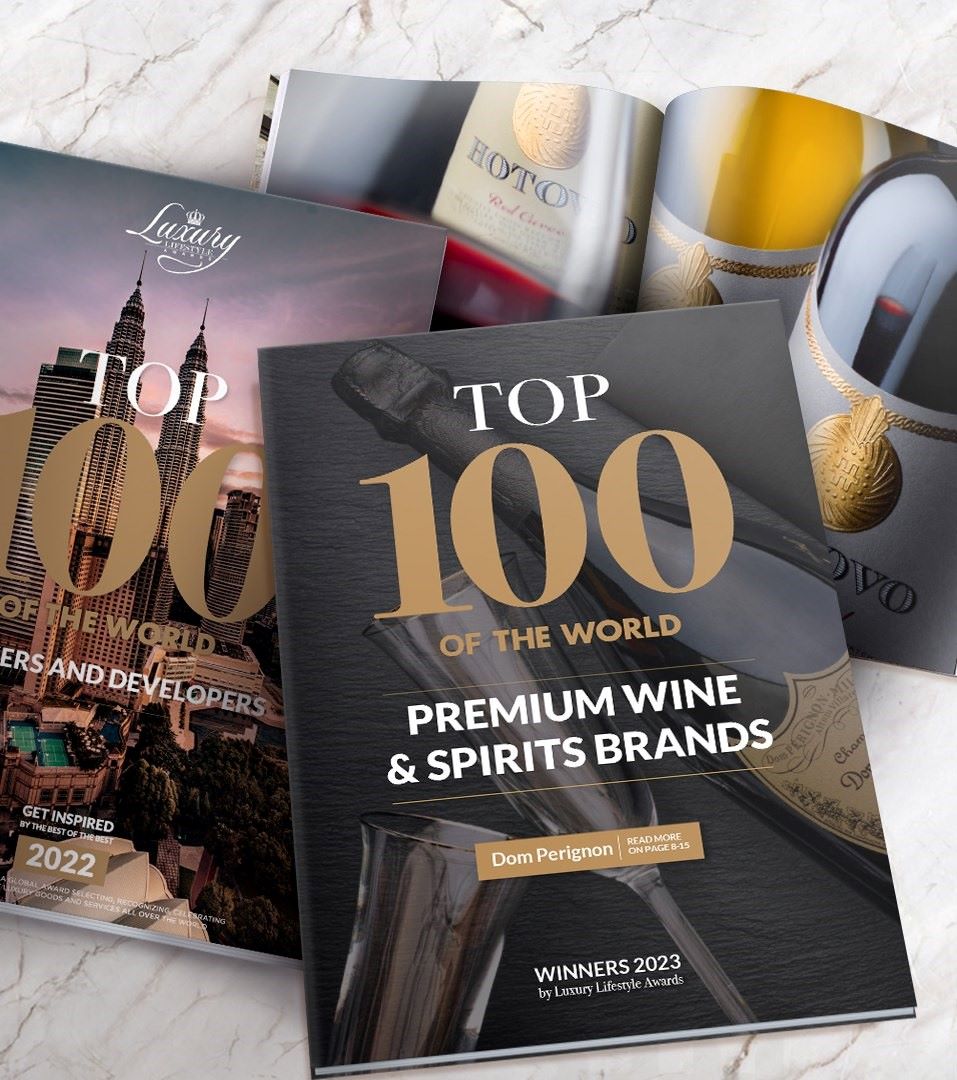
Photo Courtesy of Chris Norton
Chris Norton, CEO of The Social Intelligence Group in Boulder, Colorado is doing important work, as he continues to expand the research results that Ross Honeywill and his Australian associates, began over ten years ago. These results centered around a surprising answer to a simple question: How do people make purchase decisions?
It was hypothesized that if this question could be answered, it would lead to understanding the long-term success of any business enterprise, as whoever had the highest alignment with the highest spenders, always prospered.
We interviewed Chris recently, as we wanted to discover more about this research and the seminal NEO population, and why it was so important in reframing the message magnets of the high-end.
JustLuxe: How are you expanding the work done by Ross Honeywill, and why is it important to our understanding of future luxury spending?
Chris Norton: Well, what Ross wanted to do in the beginning was to unlock what drove consumer spending, luxury and otherwise. His work was originally academic and independent - it was not funded by any company that wanted it weighted toward them or their products - basically what all research should be but usually isn't. Ross then became the head of research for KPMG in Asia where he and a team progressed the work, before taking his company, the Social Intelligence Lab, back some years later. Ross is now our Head of Research as we now seek to bring the business implications and business strategies of what his research revealed onto a more global stage.
 JL: And what did the research reveal?
JL: And what did the research reveal?
CN: First of all, the research is very rich and substantial. The survey has now been taken by over a million people over 10 years. There are 2,000 measures within it but we have identified 194 that indicate consumption behavior. The algorithm is the proprietary weighting of these. And the results reveal a picture of spending propensity that is more complex, yet paradoxically more consistent than has ever been understood before. As a result, business leaders can now see a clear set of choices they can make about the very nature of their business. And one of the most astounding conclusions of the research is that wealth, income and demographics are very poor indicators of an individual's propensity to spend, and this does hit at the very core of many of the business decisions that are made, particularly in the luxury sector.
JL: How does your research show this?
CN: Our research has shown a new typology that has three classifications: the Traditionals who exhibit conservative social values, and while many are wealthy and/or have high incomes, they are reluctant spenders. The traditionals in the range of 122 million - of which 10.4 million are the high status traditionals. The vast majority of their purchase decisions are driven by just three factors: price, status and features. They are infrequent spenders during times of economic strife but will spend on special occasions (think Chelsea Clinton's wedding) or if they are offered an extraordinary deal.
They are commodity driven, as well as driven by the deal, and the negotiation for the best price. They are also influenced by the media. If they read or see on TV that the economy is in trouble, they freeze their assets and wait until they are told it is better. Society and media tend to focus upon High Status Traditionals as they are very visible and their behavior fits the social concept of luxury, but we found their economic relevance is dwarfed when compared to NEOs both individually and as a group.
JL: So who are the NEOs?
CN: They are the second classification and define the New Economic Order. They exhibit progressive social values and are motivated by authenticity, design, quality, experience, provenance and the path less traveled. There are approximately 59 million in the USA and 54 million Evolving NEOs, which are the third classification. Quite substantial numbers!
Our research concludes that the NEOs are the ascendant economic force in the future. They are people that are willing to spend freely no matter what the state of the economy. Their spending behaviors are not commodity or deal driven. They are willing to spend anything on extraordinary, authentic, meaningful things. And what is crucial is that the NEOs are massively underserved because ad messages usually move toward the traditionals. However, this is changing.
JL: How?
CN: Since we have identified this group, we are also keenly aware of the kind of messaging that attracts them. They are less interested in brand than the overall experience, and within that, there is a serious importance of attending to the needs and wants of the individual. Of NOT being put on hold. Of customer service staying on the phone with them until all their needs are met. We also know the companies that appear NEO-relevant as well - two that come to mind are Zappos and Apple.
 JL: What messaging are the NEOs most interested in? I mean, what attracts them?
JL: What messaging are the NEOs most interested in? I mean, what attracts them?
CN: There are many messages: the remembrance of the passage and scarcity of time, the importance of living in the moment, of transparency, of authenticity, of mindfulness, of experiencing what the product purchased will actually feel like. No artifice, no presumption, no tinsel. Here are a few more:
- Have a sense of investment when they buy - a bargain for a NEO is "something that is cheaper today than it will be tomorrow" rather than "something that is cheaper today than it was yesterday"
- Have low confidence that discounts and price offers will automatically deliver the quality experience they expect
- Will focus on price only when they have low involvement with a purchase - when desire is not in play
- Have a preference for premium-lifestyle products - the well designed, high-quality products at the top of every merchandise category
- Are inconspicuous consumers - brands are secrets to be whispered to themselves and to others who share their values, rather than external symbols of who they are or what they do
- Have a high appetite for all kinds of rich information and rich content - they read more, know more, expect more and will pay more
- Are more willing than anyone else to try something new, to take the path least traveled
- Are individualists with a high locus of control - they believe success is determined by planning rather than by luck
- Regularly use, and are comfortable with, the internet - are happy to adopt new technology, but only when it delivers a service that matches their expectations and aspirations
- Are socially active, have a strong sense of social and ethical responsibility, and like to convince others of their opinions
CN: Recently, we worked on an unusual marketing campaign that included many of these NEO messages, for the Four Seasons Residences in Denver. With this campaign it was about revealing what made living at a Four Seasons Residence unique. We relied upon a rich information format and allowed the individual to interpret the information in the way that would be most personally relevant to them. The results have been astounding as web traffic has grown by over 50 percent and the average time spent on the site is up by almost 500 percent. The campaign is "Now This is Your Time."
JL: This is one good example, but how might you be using this research to attract larger audiences?
CN: We do envision profounder and far more extensive uses. I can see retraining many in all aspects of the customer service realm using the NEO ethos. This could drastically alter the economic attitudes of all segments. All types of service methodologies can be changed, from call centers to banks that invest in NEO-friendly companies, to universities. We are talking here about positively fulfilling individual needs. No more putting people on eternal hold, no more transferring callers to another country. Below is a small video of how we explain our ongoing research and its long-term economic and social implications within the context of our company, The Social Intelligence Group.














